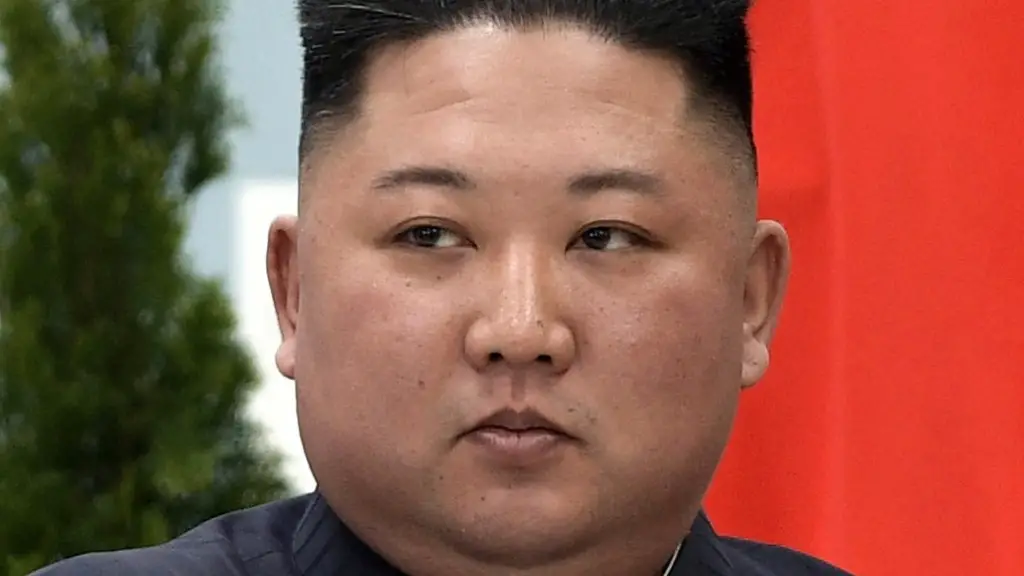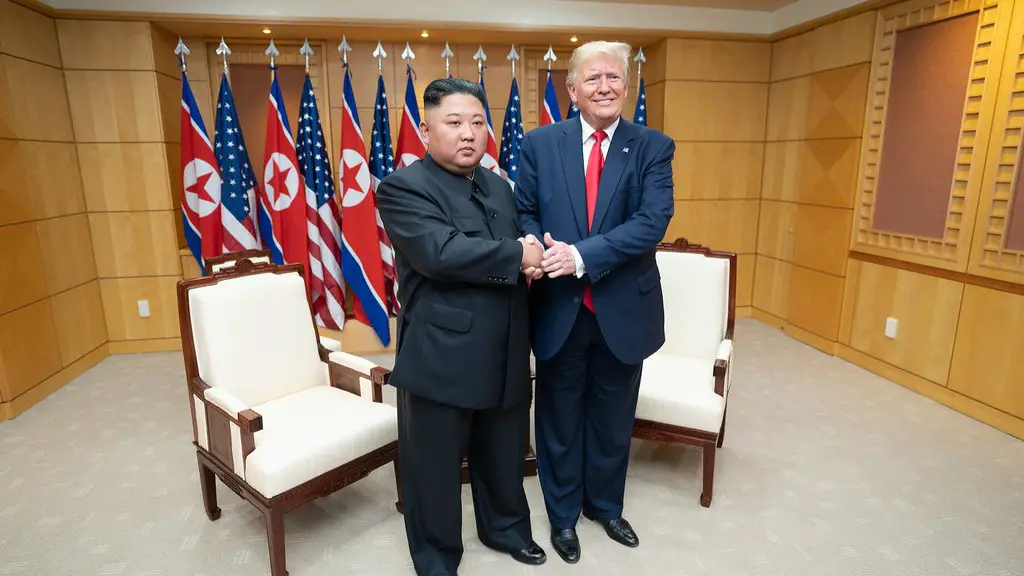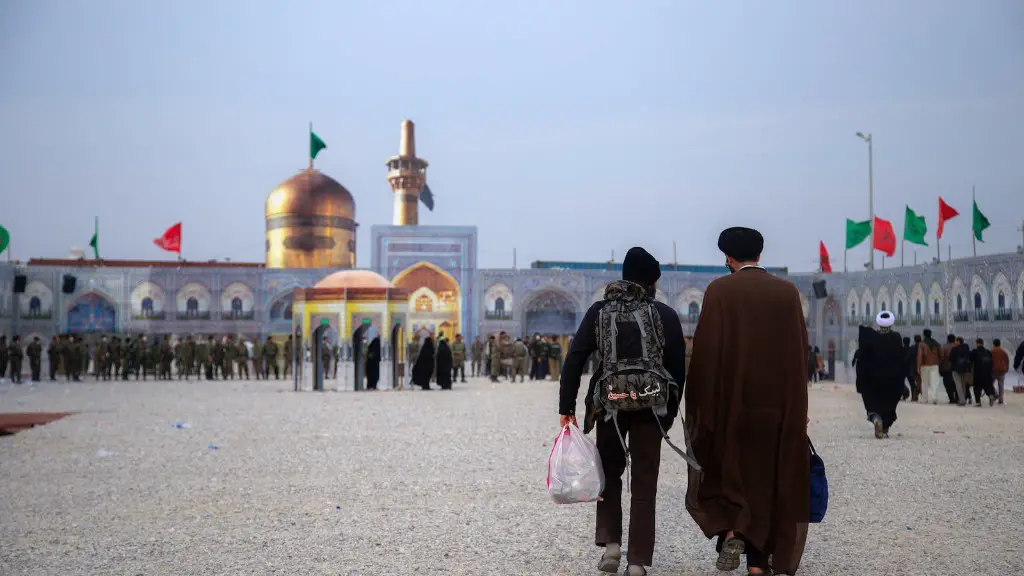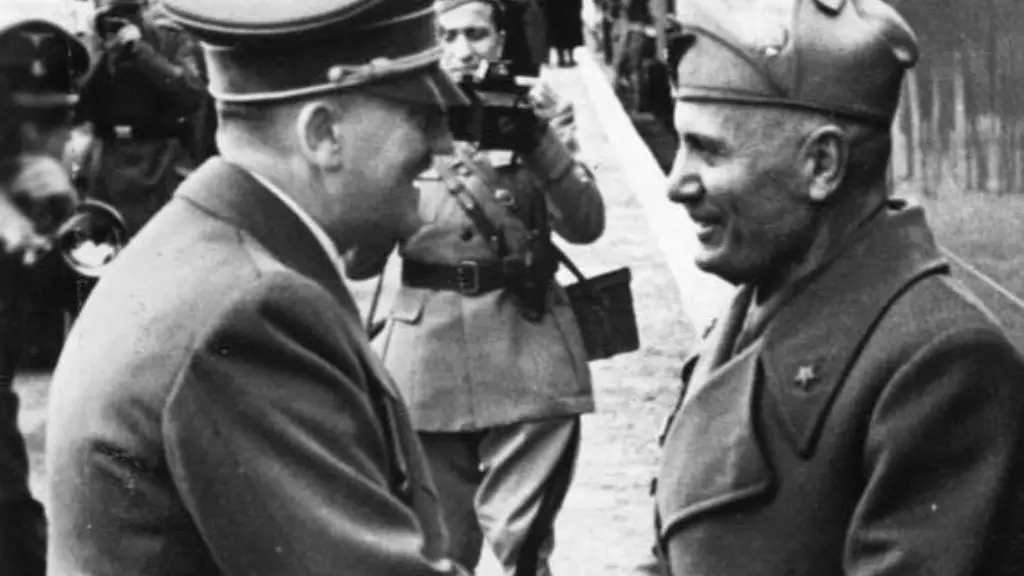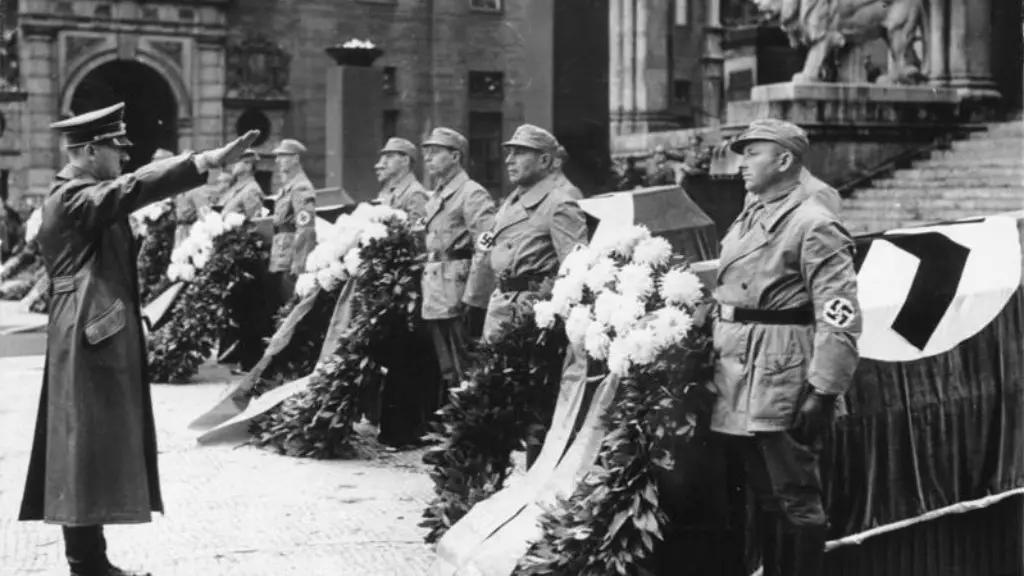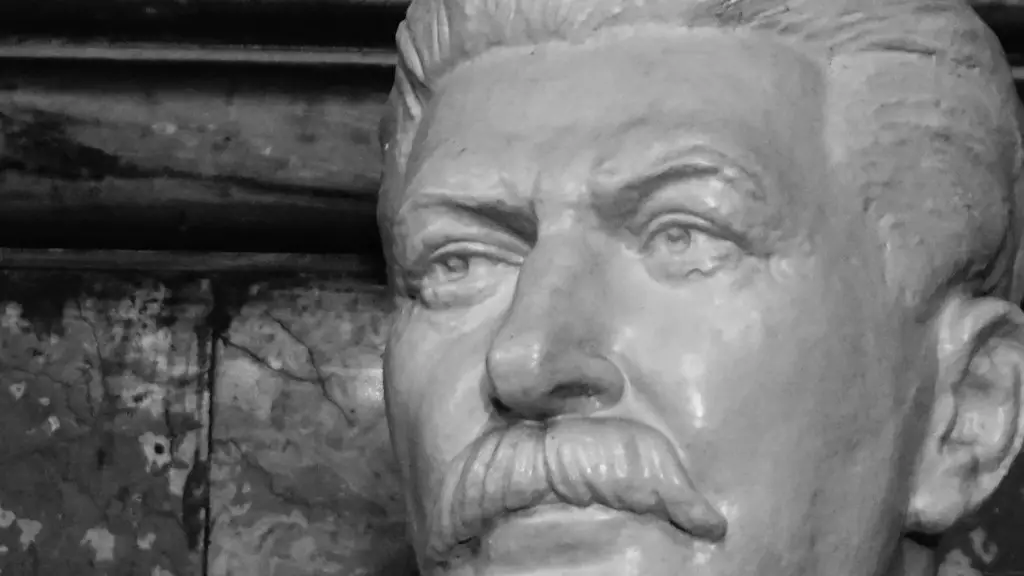Kim Jong Un is the third ruler of the North Korean dynasty founded by his grandfather, Kim Il Sung. Like his father and grandfather before him, Kim Jong Un rules with an iron fist and does not tolerate dissent or criticism. He has continued his family’s policy of developed nuclear weapons and long-range ballistic missiles, despite international condemnation and UN sanctions. He has also overseen a number of brutal purges within the North Korean government, in an effort to consolidate his power. As a result, Kim Jong Un is one of the most repressive and controversial leaders in the world today.
Kim Jong Un is the supreme leader of North Korea and has been since 2011. He rules with an iron fist and has complete control over the country and its people. He has developed a cult of personality and is revered as a god-like figure by the North Korean people. He has made it his mission to keep North Korea isolated from the rest of the world and to maintain its nuclear weapons program. He is a brutal dictator who has been accused of human rights abuses and has a history of ordering executions of those who cross him. Despite all of this, he is considered to be a shrewd and cunning leader who has managed to keep North Korea afloat despite international sanctions and pressure.
How did the Kims come to power in North Korea?
Korea was divided into North and South after the Japanese surrender in World War II in 1945. Kim Il-sung came to lead the Provisional People’s Committee for North Korea (a Soviet-backed provisional government), becoming the first premier of its new government, the “Democratic People’s Republic of Korea” (commonly known as North Korea), in 1948.
Freedom of movement is heavily restricted in North Korea. North Korean citizens usually cannot freely travel around the country, let alone travel abroad. Emigration and immigration are strictly controlled.
How is North Korea a dictatorship
North Korea’s political system is built upon the principle of centralization. The constitution defines North Korea as “a dictatorship of people’s democracy” under the leadership of the Workers’ Party of Korea (WPK), which is given legal supremacy over other political parties. The WPK controls the government and the media, and has a monopoly on political power. The North Korean government is highly centralized, with the president and the cabinet holding most of the power. The parliament is rubber-stamp body that does not have much power. The judiciary is not independent and does not provide checks and balances on the executive branch.
Soju is a distilled rice liquor that is popular in East Asia, and North Korea is no exception. There is no limit on consumption, and it is even considered a national pastime. Other popular drinks include beer, wine, and spirits.
Despite sharing an identical surname, not all Kims are related to one another. A fundamental component of the Korean traditional kinship system is the clan, or bon-gwan, whose last name signifies a shared geographical origin. Thus, various Kims can trace their ancestry to different locations.
The Department of State has issued a travel advisory for North Korea, warning US citizens not to travel to the country due to the continuing serious risk of arrest and long-term detention of US nationals. The advisory also warns of the critical threat of wrongful detention in North Korea.
Can North Koreans have phones?
Although North Korea has an adequate telephone system, it is not accessible to the majority of the population. Only senior government officials are able to have phones installed, and someone wanting a phone must fill out a form indicating their rank, why they want a phone, and how they will pay for it. This makes it difficult for the average person to communicate via telephone in North Korea.
If you’re travelling to North Korea, it’s important to be aware of the country’s strict laws about what you can bring into the country. It’s illegal to bring in religious, pornographic or political items, and all published material and electronic devices must be declared upon arrival. It’s also illegal to knowingly or unknowingly possess items that breach North Korean law. Be sure to research what you can and can’t bring into the country before packing for your trip.
What is the punishment for escaping North Korea
It is estimated that between 50,000 and 300,000 North Koreans have defected and fled to China since the end of the Korean War in 1953. While some defectors manage to escape detection and make it to South Korea or other countries, many are caught by Chinese authorities and repatriated back to North Korea.
Rights groups say that repatriated defectors often face harsh interrogations and years of punishment, or even death, in kwalliso prison camps (such as the Pukch’ang camp) or in kyohwaso reeducation camps (such as the Chungsan camp or Chongo-ri camp). The conditions in these camps are harsh, and many defectors die from malnutrition, disease, or violence.
It is difficult to know the exact number of defectors who have been repatriated to North Korea, as many are afraid to speak out for fear of retribution. However, the number is significant, and it is likely that many have suffered terribly at the hands of the North Korean authorities.
Corruption in North Korea is a serious and growing problem in North Korean society. North Korea ranks 174 out of 180 countries in Transparency International’s 2021 Corruption Perceptions Index, tied with Yemen and Afghanistan. Corruption affects all aspects of life in North Korea, from the economy and government to healthcare and education. North Koreans have little say in how their country is run or how their taxes are spent, and many must resort to bribery and corruption just to get by. The North Korean government has shown little interest in tackling corruption, and the country’s legal system is not independent or impartial. This means that there is little hope for North Koreans who are victims of corruption.
Do North Koreans have Internet?
As of 2022, North Korea has cut off access to the global internet for its citizens. Instead, they can only access Kwangmyong, which is a state-run intranet system. This means that only a small number of North Korean elites have access to the global internet.
1 USD = 900 KPW Feb 17, 2023 23:39 UTC
The currency converter below is easy to use and the currency rates are updated frequently. You can use it to calculate the cost of goods in Korean Won.
Can you watch TV in North Korea
Television sets in North Korea are only able to operate on the PAL and DVB-T2 systems in order to prevent them from picking up broadcasts from South Korea or China. The PAL system is an analogue system while the DVB-T2 system is a digital system. This is to ensure that North Koreans are not able to access any foreign broadcasts that might be critical of the North Korean government.
However, in September 2017 the US State Department began prohibiting all American citizens from traveling to North Korea, citing the risk of “long-term detention”.
What do Koreans call Korea?
Koreans today use Hanguk to refer to just South Korea or Korea as a whole. Namhan is used for South Korea, and Bukhan is used for North Korea. Bothterms are used in a variety of contexts, including in newspapers, on television, and in everyday conversation.
There are many popular Korean girl names that have different meanings. I-Jun means ruler, talented, and handsome in Korean. Seo-Jun means auspicious and handsome in Korean. Su-Ho means guardian in Korean. Yu-Jun means precious in Korean. Ye-jun means pure in Korean. Ji-Ho means wisdom in Korean. Eun-U means silver in Korean. Si-U means beautiful in Korean.
Conclusion
Kim Jong-un is the current Supreme Leader of North Korea, a position he inherited from his father, Kim Jong-il, in 2011. Jong-un has been credited with consolidating power and increasing his control over the country through a series of purges and executions. He has also been accused of human rights abuses and of running a repressive regime. Under Jong-un’s rule, North Korea has continued to develop its nuclear and missile programs, in defiance of international pressure and UN sanctions.
It can be said that Kim Jong Un ruled North Korea with an iron fist. He was a dictator who didn’t tolerate any dissent or criticism. He suppressed any internal opposition and brutally punished anyone who dared to challenge his authority. Under his rule, North Korea became a closed society where information was heavily censored and people were forced to live in fear.
